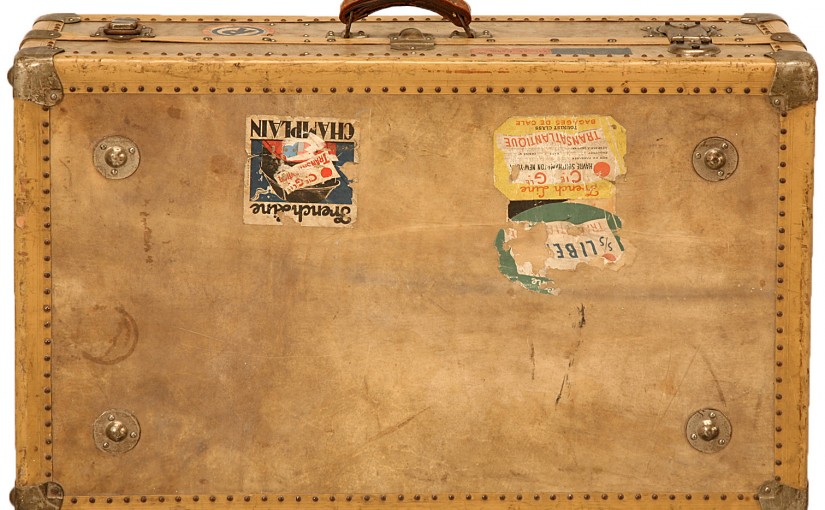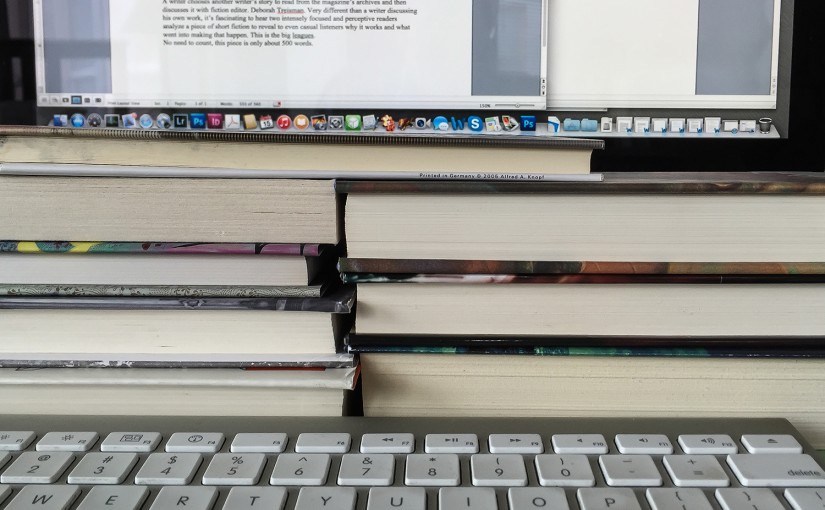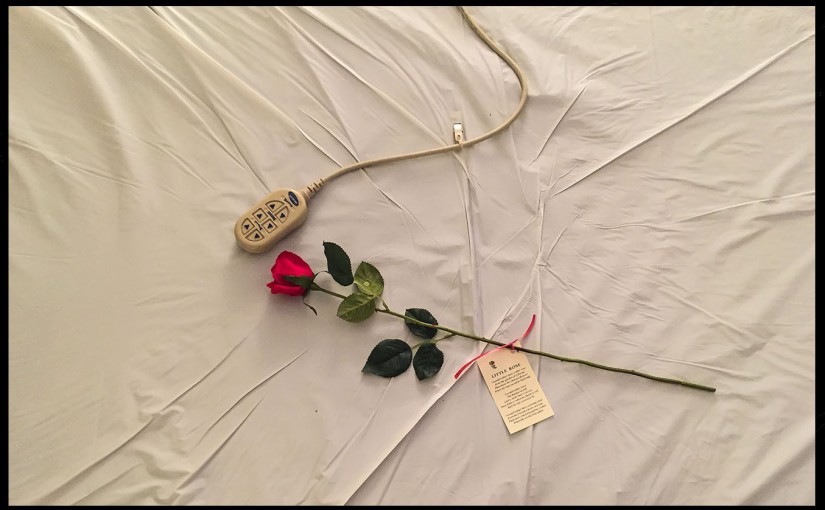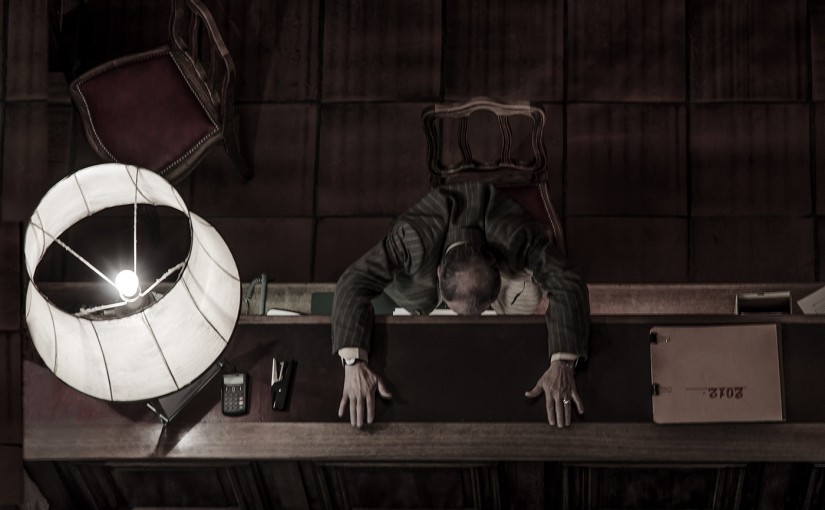I’ve recently begun the practice of meditation, actually I’ve been doing it most of my life, I just called it watching baseball. (Still deflecting serious issues with humor.)
I’ve been using a program called Headspace and like it very much. It’s a painless entry into the daily practice of meditation and it helps. I’m especially taken with the idea of looking at not only how meditation helps me, but how it also benefits the people closest to me. Anxiety makes me stupid; it blinds me to reality and causes me to obsess over fantasy. Depression makes me numb, forcing me to withdraw from relationships. Not a very healthy way to live. I believe meditation can help clear the fog and allow me to more openly conduct honest relationships, to recognize and accept their true nature, and to enjoy. Early days but that’s the goal.
If you’ve been with me for a while, you’ll know I quit antidepressant medications earlier this year because I thought my senses had been dulled to the point where I couldn’t feel anything at all. I believed, and still do, that the moderating effect of the drugs deepens the shell of depressive isolation by making it acceptable: “I can’t help it, I’m depressed.”
The emotions began to build and I had to learn how to deal with it. It’s been slow going – the drugs have been out of my system for nine months now – because so much of my time is spent alone. Writing takes up much of my day, baseball much of the rest. So it’s been a slow build but seems to be peaking now and not just because the season is coming to an end and the Giants look like they’ll fall short of the playoffs, but also because I’m planning a trip to France and the experience there that led to writing Angle of Reflection still resonates with me. It was intense in many ways but the medication prevented me from processing it all.
The latest rewrite of Angle of Reflection is a much truer emotional narrative. It is deeper and darker, reaching places I could never go before. It’s better, but still doesn’t go far enough. A recent reading has convinced me that I’m still not hitting the essential, honest emotional core I’m seeking.
In other literary news, I’ve completed the first draft of the second novel, Rivesaltes. This is an entirely different book, composed of several stories about people caught up in the violence that engulfed twentieth century Europe from the Spanish Civil War to the French/Algerian War. One of the things I’ve learned about writing fiction is just how rough a first draft really is. There’s a long way to go.










